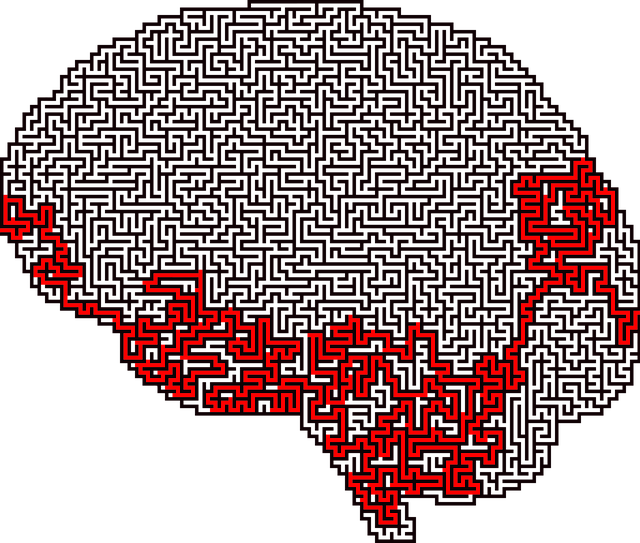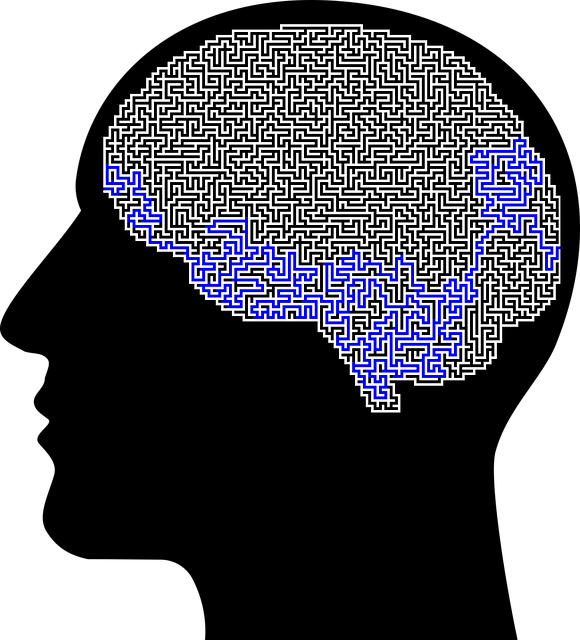Understanding Mental Health Data is vital for addressing Northglenn Cancer Issues Therapy. Through surveys, clinical assessments, and electronic health records, insights are gained into residents' psychological well-being. Proper data preparation enables actionable intelligence by identifying patterns in stress levels, mood disorders, and anxiety symptoms. This leads to evidence-based practices like Stress Management Workshops, enhancing self-esteem and resilience. Effective data use improves overall well-being and quality of life for Northglenn residents, with insights shaping therapeutic approaches and enhancing cancer care system outcomes.
Mental health data analysis has emerged as a powerful tool in understanding and improving patient care. This article explores the intricate process of analyzing Northglenn Cancer Issues Therapy trends, focusing on data collection and preparation methods. By delving into these aspects, we uncover insights that can enhance treatment strategies and ultimately improve patient outcomes. Through rigorous interpretation, healthcare professionals can navigate the complex landscape of mental health, making informed decisions tailored to specific needs, such as those presented by Northglenn Cancer Issues Therapy cases.
- Understanding Mental Health Data: Collection and Preparation
- Analyzing Northglenn Cancer Issues Therapy Trends
- Interpreting Data to Improve Patient Care and Outcomes
Understanding Mental Health Data: Collection and Preparation

Understanding Mental Health Data is a pivotal step in tackling Northglenn’s cancer issues and facilitating therapy. The collection process involves various methods such as surveys, clinical assessments, and electronic health records. These sources provide valuable insights into individuals’ psychological well-being, including stress levels, mood disorders, and anxiety symptoms. Precisely preparing this data includes cleaning, normalization, and aggregation to ensure accuracy and consistency. It also entails converting raw information into actionable intelligence by identifying patterns and trends.
Proper data preparation facilitates a comprehensive Mental Health Policy Analysis and Advocacy approach. By organizing and analyzing the collected data, researchers and professionals can pinpoint specific Northglenn Cancer Issues affecting the community. This knowledge is instrumental in designing targeted interventions, such as Stress Management Workshops Organization, which focus on enhancing self-esteem and promoting resilience. Ultimately, understanding and utilizing mental health data effectively contributes to improving overall well-being and quality of life for residents in Northglenn.
Analyzing Northglenn Cancer Issues Therapy Trends

In Northglenn, analyzing cancer issues therapy trends reveals a complex landscape of patient needs and treatment outcomes. By delving into data related to emotional well-being promotion techniques, conflict resolution strategies, and mood management, healthcare professionals can identify patterns and areas for improvement in cancer care. This involves examining the effectiveness of various therapeutic approaches, including traditional and innovative methods, to understand their impact on patient mental health and overall survival rates.
Through rigorous data analysis, trends such as increased adoption of cognitive-behavioral therapy (CBT) for mood management or the growing use of group support networks for conflict resolution can be highlighted. These insights are instrumental in shaping evidence-based practices, ensuring that Northglenn’s cancer care system not only treats physical symptoms but also prioritizes emotional well-being promotion techniques and conflict resolution strategies to enhance patient outcomes and overall quality of life.
Interpreting Data to Improve Patient Care and Outcomes

In the realm of mental health care, data analysis and interpretation are game changers. By delving into patient records and leveraging advanced statistical methods, healthcare professionals can uncover valuable insights that significantly improve both patient care and outcomes. For instance, at Northglenn Cancer Issues Therapy, mood management strategies have been refined through meticulous data interpretation, leading to enhanced support for patients navigating their mental health challenges alongside cancer treatment.
This process isn’t merely about identifying trends; it involves tailored risk assessment and management planning for mental health professionals. By analyzing patient demographics, treatment responses, and psychological assessments, practitioners can anticipate potential risks and proactively implement strategies. This proactive approach, informed by data, ensures that mental health services are not just reactive but predictive and adaptive, ultimately fostering a more holistic and successful recovery journey for every patient, regardless of their backdrop or diagnosis, such as Northglenn Cancer Issues Therapy effectively serves.
Mental health data analysis is a powerful tool for understanding and improving patient care, especially in focused contexts like Northglenn Cancer Issues Therapy. By carefully collecting, preparing, and interpreting these data, healthcare professionals can identify trends, personalize treatments, and ultimately enhance therapeutic outcomes. This evidence-based approach ensures that mental health services are tailored to meet the unique needs of patients, fostering better health and well-being.













